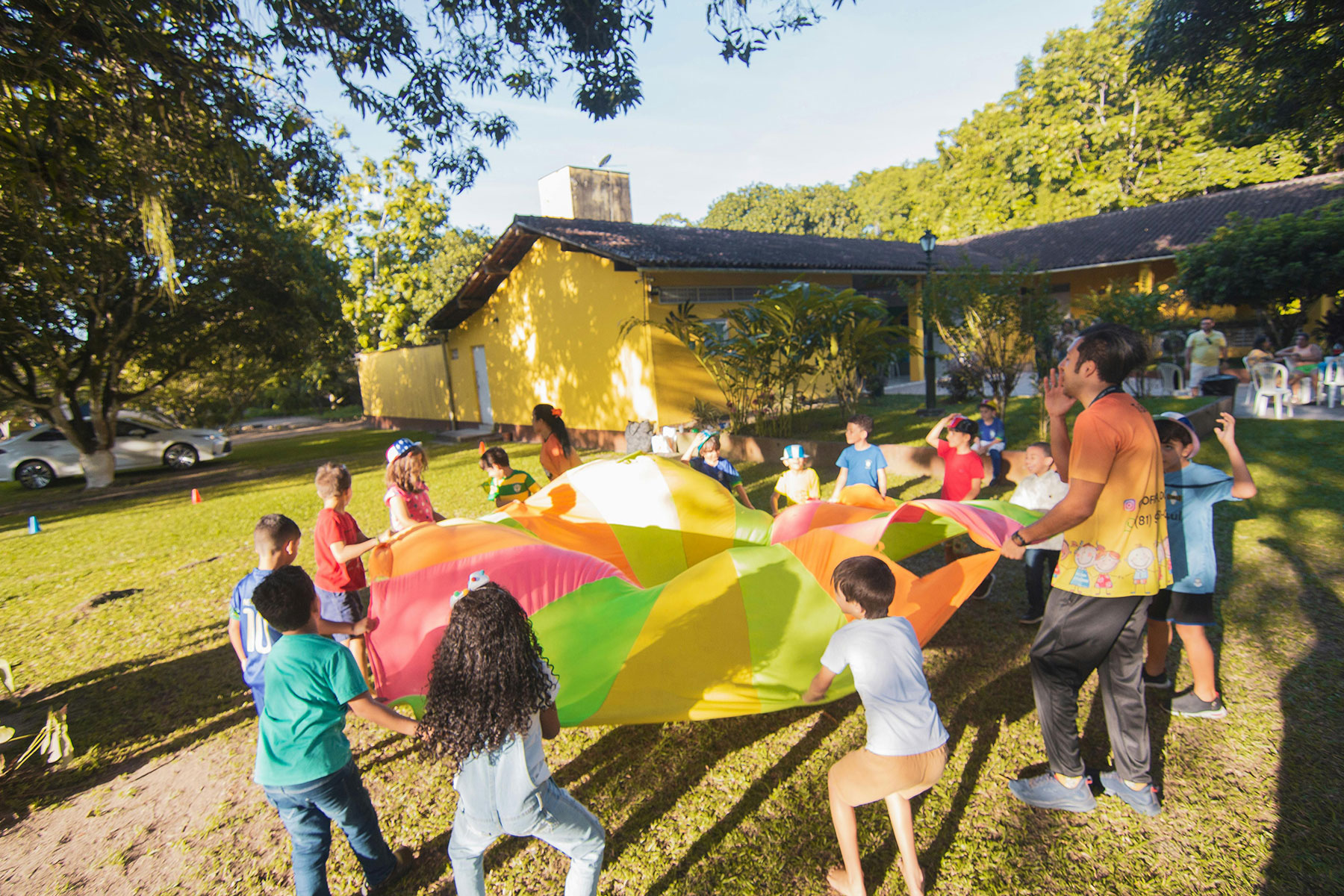
By Caroline Miller
We tend to think of trauma as the result of a frightening and upsetting event. But many children experience trauma through ongoing exposure, throughout their early development, to abuse, neglect, homelessness, domestic violence or violence in their communities. And it’s clear that chronic trauma can cause serious problems with learning and behavior.
Trauma is particularly challenging for educators to address because kids often don’t express the distress they’re feeling in a way that’s easily recognizable — and they may mask their pain with behavior that’s aggressive or off-putting. As Nancy Rappaport, a child and adolescent psychiatrist who focuses on mental health issues in schools, puts it, “They are masters at making sure you do not see them bleed.”
Identifying the symptoms of trauma in the children can help educators understand these confusing behaviors. And it can help avoid misdiagnosis, as these symptoms can mimic other problems, including ADHD and other behavior disorders.
Share This Post!
Checklist: Creating Safe Spaces for Youth
By Mental Health America Now more than ever, young people need an environment where they feel seen, heard, and valued. [...] Creating connection starts with you, so allow youth to get [...]
What is Childhood Trauma: Trauma Types
By The National Child Traumatic Stress Network When a child feels intensely threatened by an event he or she is involved in or witnesses, we call that event a trauma. There [...]
Racial Trauma
By Mental Health America Racial trauma, or race-based traumatic stress (RBTS), refers to the mental and emotional injury caused by encounters with racial bias and ethnic discrimination, racism, and hate crimes. Any [...]
For Children With a Disability, a Higher Risk of Trauma
By Steven Ross Johnson, US News Research released Wednesday by the Centers for Disease Control and Prevention shows a larger share of children with disabilities between 5 and 17 years of age [...]
Stress & Trauma Toolkit for Treating LGBTQ in a Changing Political and Social Environment
By American Psychiatric Association Violence against the LGBTQ community has increased over recent years. In 2016, the Pulse nightclub shooting in Orlando shocked the nation—with a single gunman killing 49 people and [...]
How Organizations Can Support LGBTQ Youth Facing Trauma
By Center on Child Wellbeing & Trauma As an organization that supports children who have experienced trauma, it’s important to remember that every child’s experience is different. Those in the LGBTQ community need [...]







